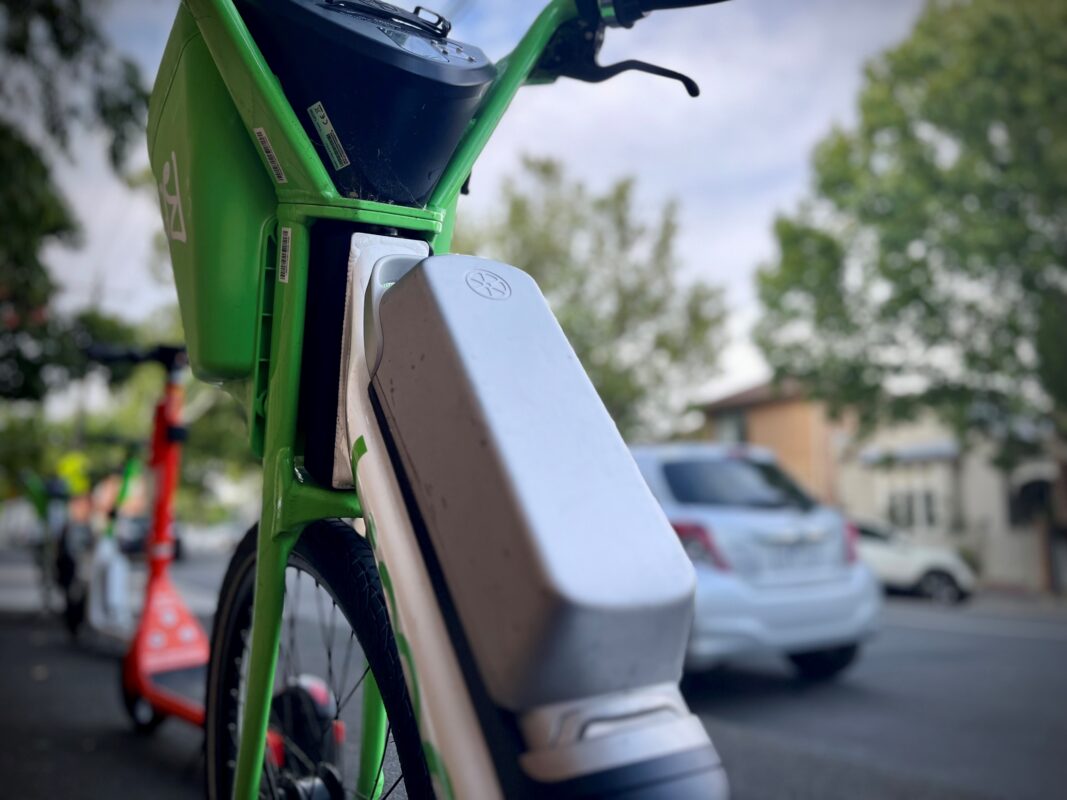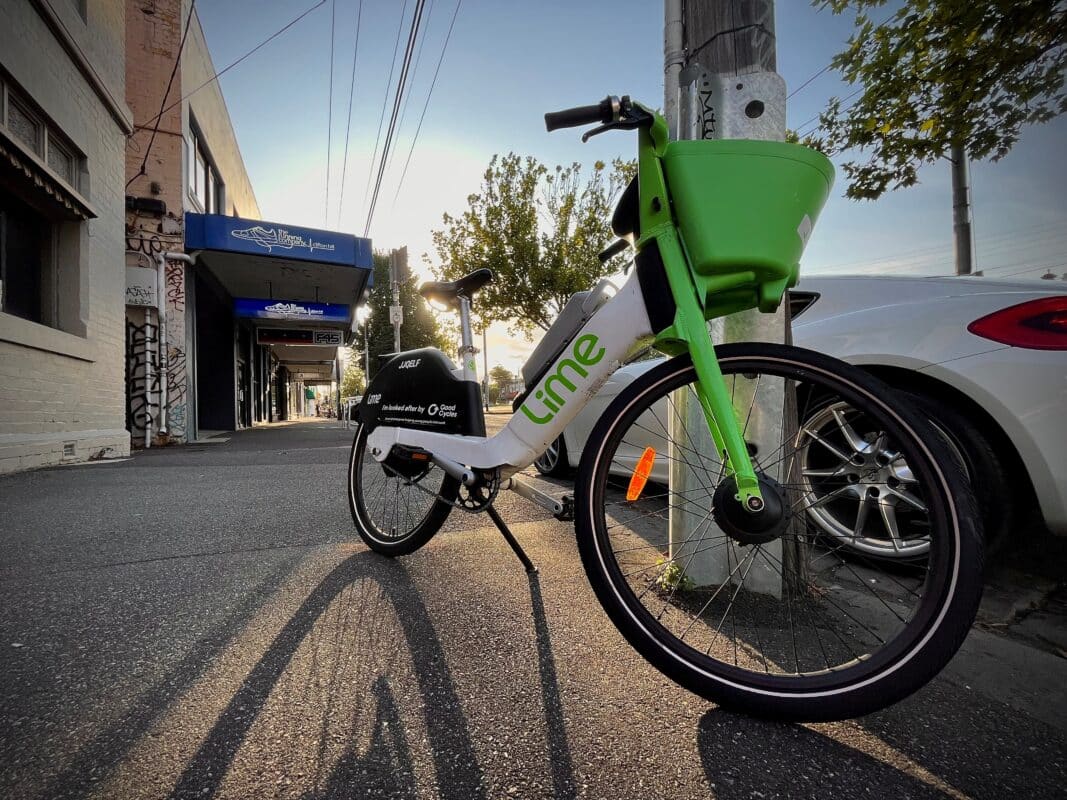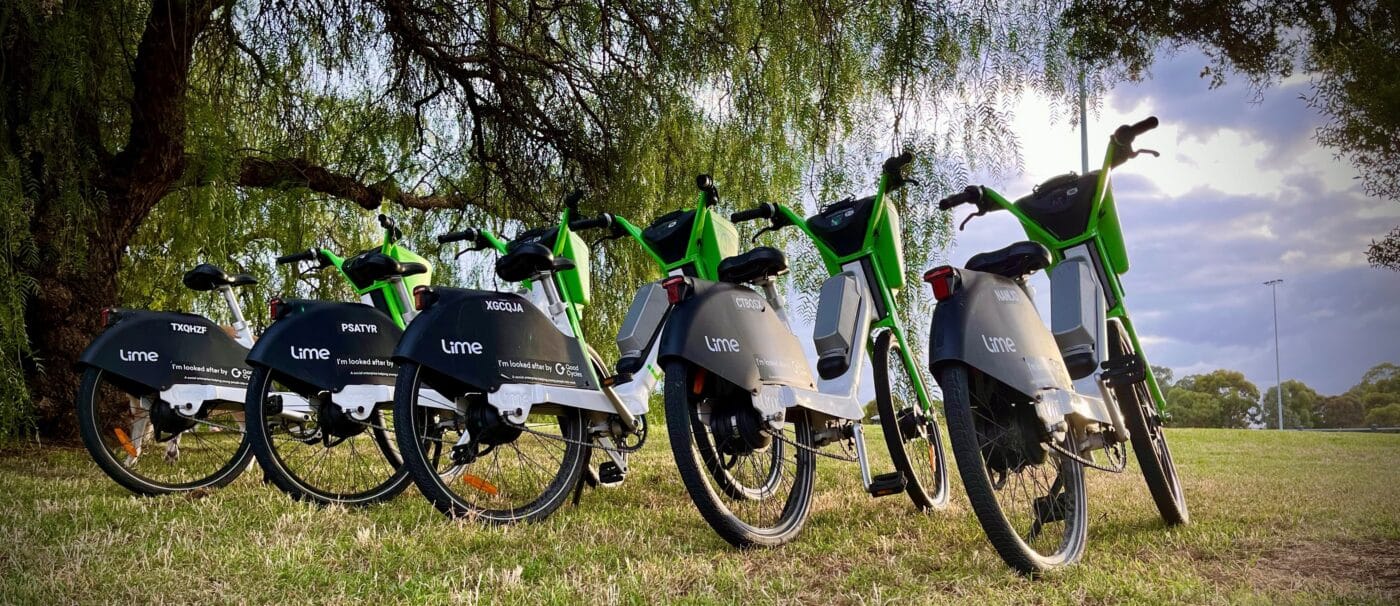The growing popularity of e-bikes will help create greener cities around Australia, but there are some shades of grey when it comes to their long-term impacts on the environment.
The lithium batteries that power these highly efficient vehicles don’t last forever, so as more e-bikes hit the streets over the coming years, how can we make sure these batteries are being disposed of responsibly at the end of their lives?
Why battery recycling matters
Lithium batteries tossed into landfill can leach toxic elements into soil to contaminate the terrestrial environment, as well as groundwater supplies. Their contents can also readily mix with other flammable waste to spark fires that spread rapidly and generate clouds of dangerous air pollution.

In addition, by throwing away lithium batteries we are throwing away valuable resources. Materials like zinc, lithium, cobalt and graphite can be recovered and repurposed for use in everything from tools, to computer parts, to new batteries. Doing so reduces our reliance on mining for these materials (operations that carry environmental issues of their own), and in turn contributes to a circular economy.
A looming dilemma
According to a 2021 CSIRO report on battery recycling, the global battery market nearly doubled in size between 2014 and 2019, increasing from US$62 billion to US$108 billion. This trend is only expected to continue as electric vehicles take on a bigger role in the transportation mix.
As a result, battery recycling is becoming serious business.
With an intimate knowledge of electric transportation and an eye to the future, Tesla’s chief technology officer left the company in 2019 to start a battery recycling company, which has since raised over US$1 billion in funding. Other automakers like Nissan have moved to repurpose end-of-life EV batteries as energy storage systems for the home and even railway crossings.
And this type of thinking is beginning to filter through to the world of e-bikes. In the US, a nationwide coalition of 33 e-bike manufacturers came together to fund recycling of e-bike batteries at the end of their lives.
“Electric Bicycle Batteries Wanted,” reads the consortium’s website. “Recycle Your Miles. It’s Easy.”
Can a maturing e-bike industry in Australia follow a similar route?

Staying a step ahead
E-bike batteries can be expected to last anywhere from 3 to 10 years depending on how they are used and maintained. Founder of Dyson Bikes David Metzke, who began making and selling e-bikes in Melbourne in 2013, says that for the most part, even the company's older batteries are still getting the job done today.
“Even after ten years we are seeing very few batteries being replaced, they are almost 'life of the bike,” he explained. “While they will have reduced in capacity and range, they are still going strong … The few we do see that have reached 'end of life' we will take to local council-run facilities for recycling.”
E-bike sales in Australia ballooned from 9,000 in 2017 to 75,000 in 2021, according to The New Daily. So whatever their lifespan might be, there will at some point be a big need for battery recycling infrastructure that wasn’t there before. Thankfully, there are early and important steps being taken to prepare for this future and mitigate the strain of aging e-bikes on the environment.
Launched in February 2022, Australia’s government-backed battery recycling scheme, called B-cycle, kicked into gear to offer thousands of collection locations across the country. It has since come to include dedicated drop-off points for e-bike batteries, and offers a handy online search tool so folks can find their closest options.
“B-cycle is shaping how we deal with Australia’s fastest growing waste stream and in just six months we’ve doubled the national battery collection rate,” said B-Cycle CEO Libby Chaplin. “We are currently growing our capability to recycle e-bike batteries and already have over 200 drop-off points across the country to help with this demand. We encourage all Bicycle Network members to B-cycle their e-bike batteries at their nearest drop-off points and support the brands which support us.”
Chaplin recommends taking battery recycling into consideration at the point of purchase. E-bike customers can ask if a manufacturer is B-Cycle accredited. If they aren’t, Chaplin suggests encouraging them to hop onboard. Giant Group, which sells e-bikes in Australia under the Giant, Liv and Momentum brands, is one example of an early adopter of the B-Cycle scheme.
“We are committed to reducing our environmental impact and giving our customers the confidence that Giant supports Australia’s transition to a circular economy,” the company said in a statement. “E-bikes are here to stay and so having a plan for their end of life is crucial. This is why we are proud to be aligned with B-cycle as their rigorous standards assure consumers that every end-of-life battery they recycle is remanufactured into new materials, actively helping to improve the environment for future generations.”
To learn more about the scheme and access the online search tool for battery drop-off points, you can head over to the B-Cycle website.
Become our friend
Find out more about Bicycle Network and support us in making it easier for people to ride bikes.


